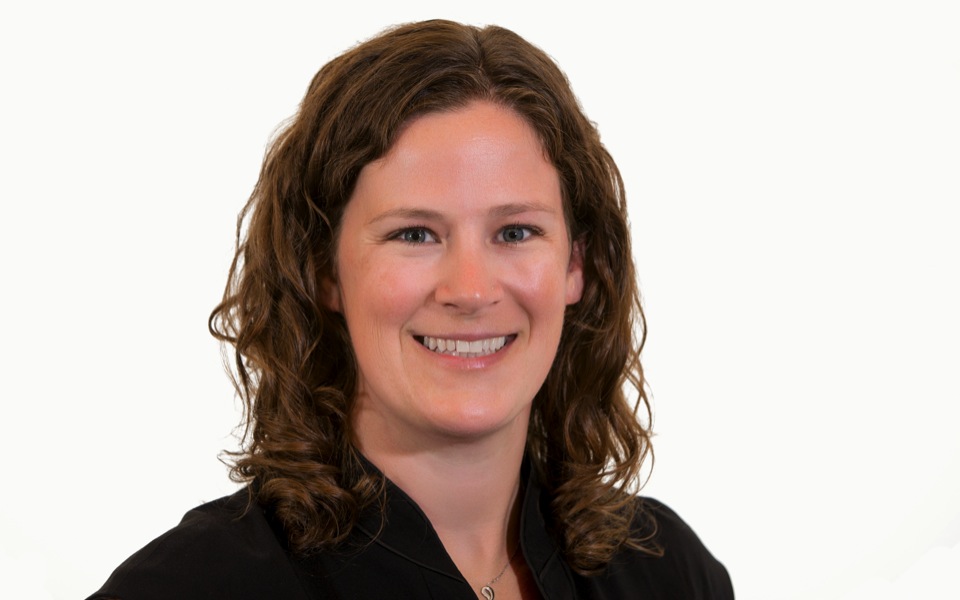Preparing students for future challenges

The jobs university graduates will be doing in five or 10 years' time may not have been discovered yet, says the senior assistant director of global admissions at New York University, Claire Wilkins, following a trip to Athens, where she visited a number of schools.
Speaking to Kathimerini on the occasion of her visit, Wilkins says that NYU has the highest number of foreign students compared to other universities in the country, adding that an American tertiary education offers students a broad range of skills.
What, in your opinion, are the key requirements for a good university today?
A good university today must provide students with a balanced and broad education that focuses on critical analysis and problem-solving. It is essential for students to gain transferable skills that can be applied to any industry, regardless of their main focus of study. The jobs that students will apply for in five or 10 years time may not yet exist, so a good university is one that will prepare students to engage in the world across geographic and industrial boundaries, through a cross-cultural and interdisciplinary education.
Why choose an American university over one in Western Europe, and particularly as a European? What are the differences between American and European universities?
The key difference between a European university and many American universities is the type of education offered. An American liberal arts education allows students to gain breadth in a variety of areas of study, depth in one or more specific areas, while also gaining an interdisciplinary understanding of how these disciplines relate to one another. This enhances their knowledge in their subject(s) of choice and helps them to develop the essential transferable skills that are needed to be successful in the ever-changing modern landscape. However, for students who are passionate about focusing on one particular area of study, a European university may be a better fit. It is important that students think carefully about what they wish to achieve through their university education.
What are the latest global trends in tertiary education?
Education is becoming increasingly more global, and this is an area where NYU has been leading the way over the past few years. In addition to three main campuses in New York, Abu Dhabi and Shanghai, NYU has global sites across five continents, situated in some of the world’s most exciting cities and countries. In fact, more students from NYU study abroad than from any other American university. Studying away as part of an undergraduate or graduate degree, in various locations around the world and with students from all over the world, allows our students to develop a cross-cultural understanding that they can apply to their academic learning, enhancing the depth of their knowledge and their own adaptability. These aspects of internationalism are some of the most significant trends in tertiary education today.
What sort of preparation does a student wanting to be admitted to your university need and what are the conditions of entry?
There is no one perfect NYU student, as we are looking for diversity in our student body, but there are some characteristics that many NYU students embody. They are often open-minded, independent, globally minded, intellectually curious, bold and wanting to be change agents in the world. We employ a holistic admissions process that looks not only at the student’s academic prowess, but also their character, their passions and interests, and their understanding of NYU and how it is a good fit for them. Students must fill in the Common Application online and satisfy all admission criteria, including our standardized testing requirements, to be considered for admission.
How many Greeks are currently studying in the US and what are their preferred fields?
According to the Open Doors Report for 2015, produced by the Institute of International Education (iie.org), of the 974,926 international students studying abroad in the US in 2014/15, the number of students from Greece was 2,147. According to EducationUSA, the most sought-after programs for Greek students are engineering, math and computer science, physical and life sciences, business and management, social sciences and law.





